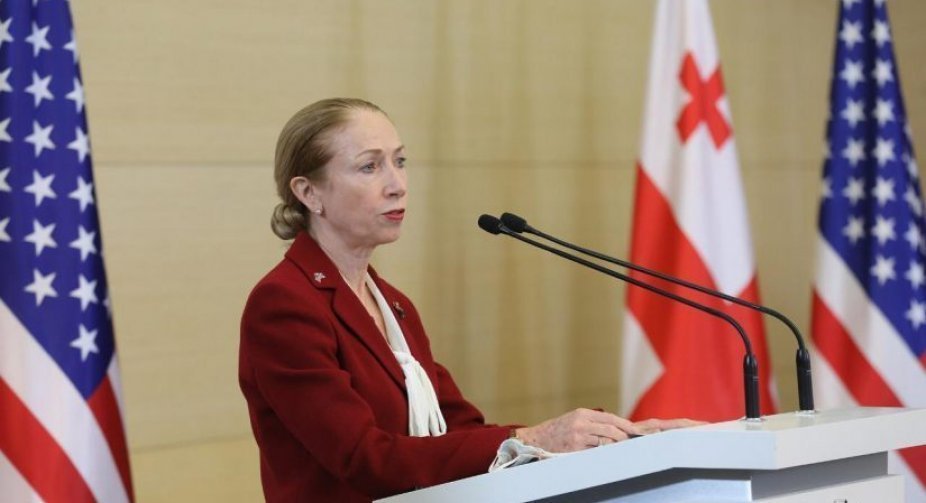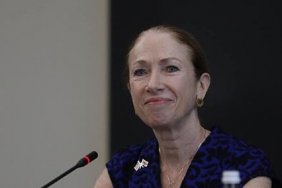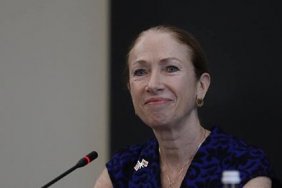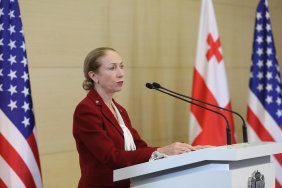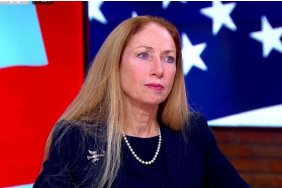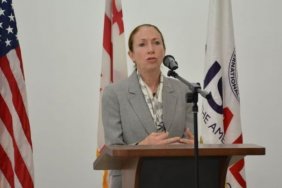This year Georgia and the US are celebrating 30 years of diplomatic relations.
The US first established a diplomatic presence in Batumi in 1890, while a renewed partnership officially started with President George H.W. Bush recognizing Georgia’s independence on December 25, 1991.
“We formally established diplomatic relations on March 24, 1992, and opened our embassy in what became the Sheraton Metekhi less than a month later. The following year, we moved to the beautiful Orbeliani palace before eventually moving to our New Embassy Compound in Dighomi in 2005,” Ambassador Kelly Degnan said.
She stated that over years, the United States and Georgia have developed into strategic partners, working together toward a shared vision of Georgia fully integrated in the Euro-Atlantic family of nations and part of a Europe whole, free and at peace.
Degnan stated that in the early days, US assistance was primarily humanitarian. However, as Georgia has grown and matured as a state over the years, US assistance has changed as well, ‘always aligned with the people of Georgia’s needs and priorities.’
Degnan said that the strategic partnership ‘has remained strong and unshakeable’ largely because of two critical factors: ‘first, there is the close and natural friendship of our two peoples and the second, critical factor underpinning our strategic relationship is our shared democratic and free-market values that make us natural partners in this difficult neighborhood.’
She stated that the US vision for the next 30 years and beyond is an optimistic one that promotes peace, a healthy democracy, and prosperity in the region, but it faces challenges that need to be addressed today.
“Georgia’s economy is struggling to offer sufficient economic opportunities to keep many of its most talented citizens from leaving, at a great loss to the country. In addition, Georgia’s political, legal, and governance institutions remain under-developed and fall short of meeting its democratic ideals, stunted by a highly partisan and polarized political environment,” Degnan said.
